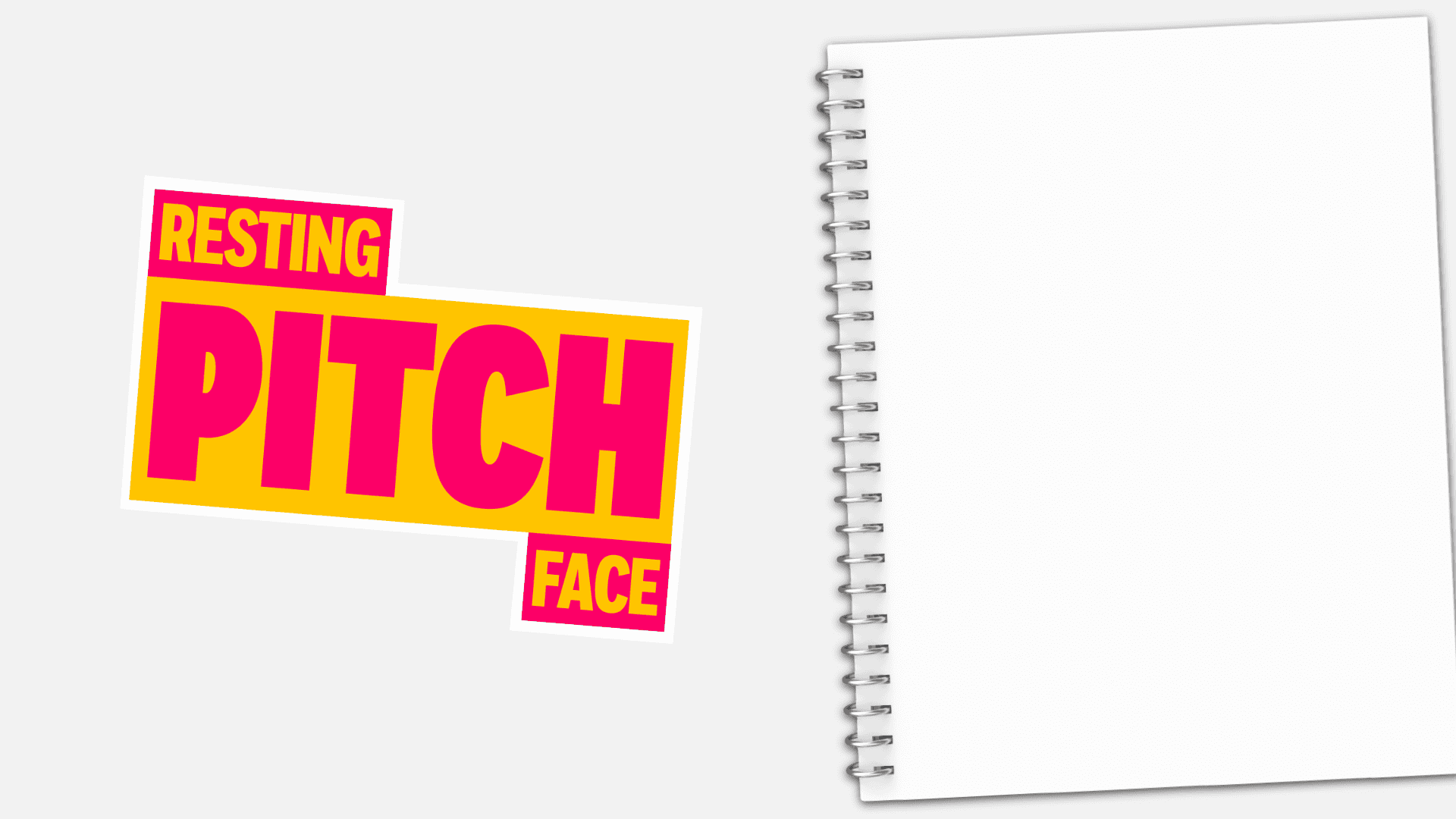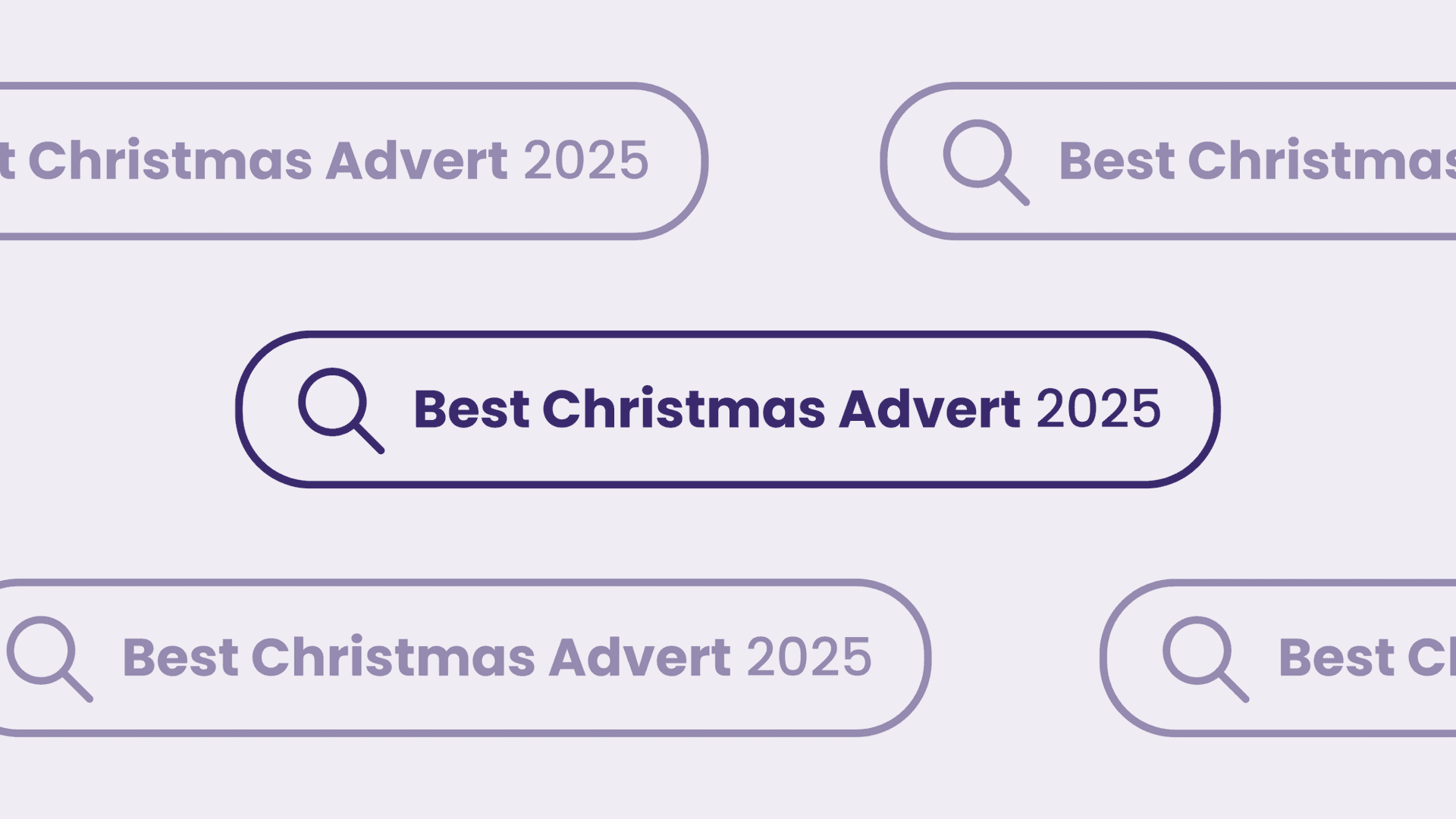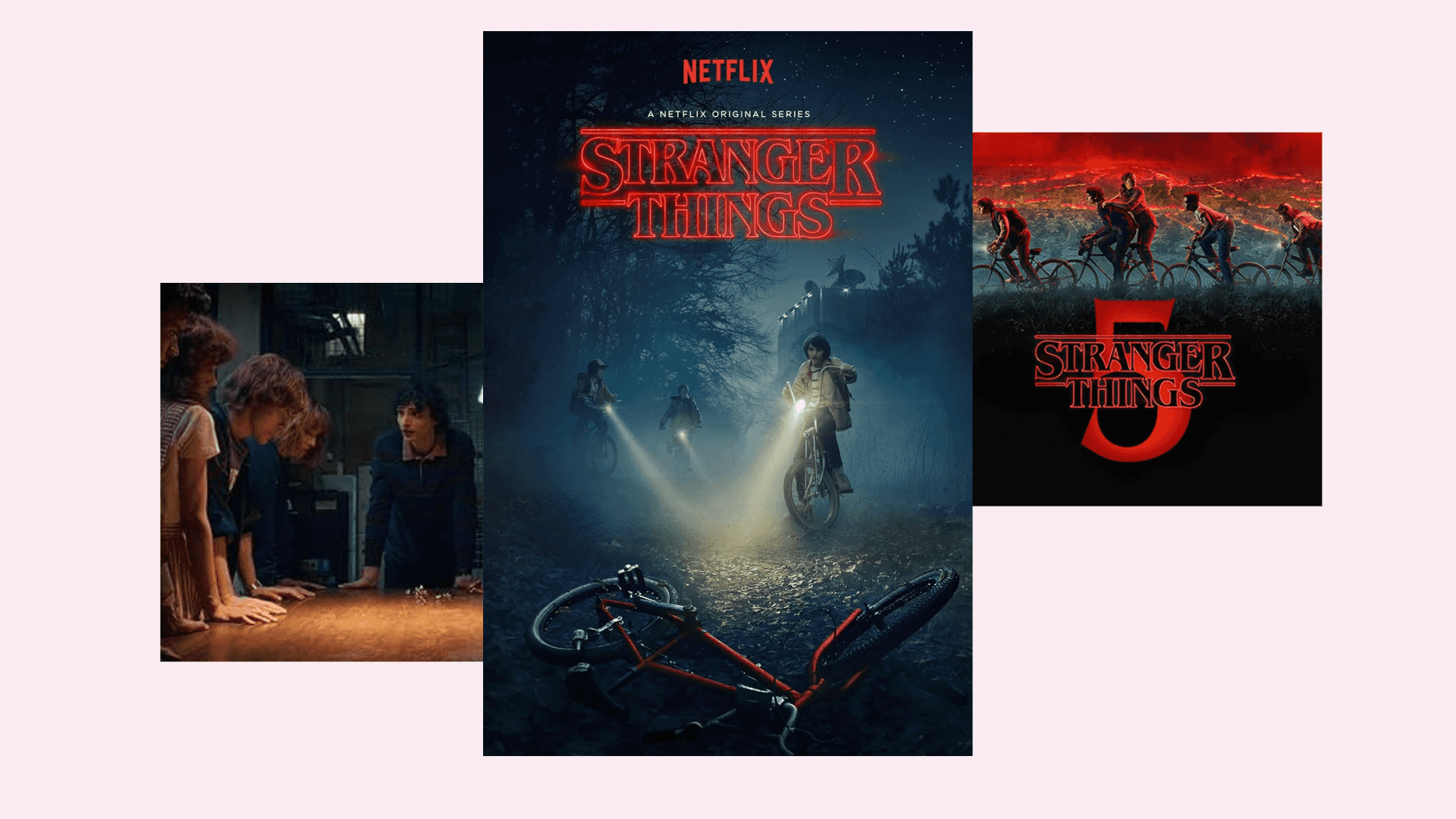
Facebook Announces The ‘Portal’ & ‘Portal+’
Written by Daniel
Facebook recently announced that it will be taking its first steps into the hardware market with its ‘Portal’ and ‘Portal+’ devices. We discuss what this could mean for Facebook and the smart-devices race between Google and Amazon…
See below for the full video transcription.
VIDEO TRANSCRIPTION:
Jamie: All right. The next topic is Facebook’s new Portal device. So it’s a pretty cool thing. Seems like everyone’s having a go at one of these things. Amazon’s have had a go. Google has just had a go and Facebook are having a go. Strangely, Facebook’s integrates with Amazon Alexa, which is a bit strange. Don’t find much crossover between these big companies now because they like to keep all their things to themselves, try and monopolize it, but, yeah, you can use Alexa through it, which is interesting. I guess Facebook don’t really have…or don’t have a voice assistant at all so there’s no way as far as I’m aware of checking of, like, weather and stuff through Facebook’s platform itself so they had to partner with someone, I guess. It’s just a video calling platform. The device itself looks pretty cool. It’s one of the first things I’ve ever seen with a little clip, a physical clip that can cover the camera. So they’re really trying to dial down on the privacy stuff in light of recent things that have developed.
Lee: I think that might even be a little nod to Zucks because he famously tapes over his webcam.
Jamie: Yeah. So it’s basically just a little screen with a mic and a video camera. And you can get two different versions, a 10-inch and a 15-inch. The only really cool feature I’ve seen on it, the panning and zooming camera that follows you around. That’s really cool. So if you stood up…I don’t know how many people stand up and walk around the kitchen making lunch and talking to these things, but that’s what their example video shows and it’s panning around following them and that’s pretty cool.
Lee: It’s interesting that they’ve got crossover with Spotify, Food Network, Pandora, and all these platforms included in Alexa and the Echo Show. There’s a lot of crossover between what Facebook are doing and what Amazon are doing. But yet this works with Alexa.
Jamie: I think they’re so late to this arena that they sort of know that if they wall themselves off and try and compete, they’re just going to struggle so bad. So they have no choice other than to partner with people who are already in this space that are doing useful integrations.
Lee: I find it quite a bold move for a company that’s been under fire for privacy, wanting to put a camera in every room in your house.
Jamie: Yeah. Well, which one is it that doesn’t have one of these things and they made it out as a feature? Is it Google’s one? It didn’t have a mic, I think. I think Google’s one didn’t have a mic and they’re like, oh, yeah, we deliberately didn’t put a mic in it because we don’t want to, you know, listen in on you.
Lee: So how does it hear you?
Jamie: It doesn’t do hearing. It’s just for, like, it’s the Google Home thingie with the screen in it. It’s to, like, set and turn your lights on and stuff. Oh, wait a minute, it’s got a camera but it doesn’t have a microphone. One of the key elements of, like, the Facebook Portal basically is not there and it’s probably for cost cutting but Google made it out as if it’s for privacy, which is a weird slant to take but, yeah, I guess if people are that determined not to have a microphone or a camera in their room, then you might want to go for that option.
But it’s cool there’s even more competition now because Amazon has been doing this for a couple years now with the Echo Shows so now Google and Facebook have entered if they’re both going to sling money at it then it’s a three-horse race, so that’s cool. So it makes a change because Amazon had been absolutely smashing the whole home automation sort of…well, everything to do with home in terms of the devices they have been absolutely destroying it, so it’s good to see Google taking it seriously, which obviously they have been for a bit but now Facebook have entered there as well. There’s a lot of competition, which is good.
Chris: When were these launched then?
Jamie: They’re still for pre-order and it’s only in America, I think.
Chris: I was going to say, I’ve not seen anything about it whatsoever. I’ve not seen any advertising campaigns or anything.
Jamie: It isn’t the UK yet anyways. I reckon once they’re available to buy in the UK, they’ll put a TV ads campaign out, won’t they? It’d be interesting to see if they can actually sell these on Amazon. I wouldn’t have thought so. But considering Alexa is in there I bet they’ve got some sort of agreement.
Lee: Well, I’d like to take one apart and see how different it is from an Echo Show inside.
Jamie: It’ll just be an Android phone. It will be. It’ll be Facebook Messenger Android app on a little computer with all the gubbins ripped out other than the Messenger video calling thing, which obviously has been there forever, or at least a few years. Which is cool they’ve got that as well because obviously if Google’s got a video calling service or Amazon have, no one’s necessarily got them apps on their phones anyway, whereas everyone’s obviously got Facebook Messenger or Facebook, so anyone that doesn’t have one of these devices, you’re still going to be able to video call them, aren’t you? So that’s a pretty cool leg up they’ve got on the competition there.
Lee: Hotting up.
Jamie: I’ll be surprised if I ever see one of these in person in terms of sales.
Chris: Well, that’s what I was thinking. You’ve got to have something that really sets you apart from your competitor now. I think, I don’t know, I think a lot of people that aren’t too technical, either they’ll probably just think what’s the difference? You’re going to have to really be more specific about what the differences are of each, because there’s that many. How do you choose?
Jamie: For non-technical people, this type of market is just alien it’s like “I don’t even know what this is anymore”.
Chris: Well, that’s what I mean. It’ll be interesting to see what their advertising campaign says about it once it’s live. I think the layperson will just go, “hmm, how is that different to the next one?”
Jamie: How is it different to an iPad or an Android tablet or a Kindle tablet? Essentially, you can get the Facebook Messenger app on all them things, right? They’ve all got a video camera and a microphone, right? So you can do all this already, if you’ve already got one of those devices.
Chris: They’re probably just relying on the brand to sell it aren’t they. It’s those consumers that are like, yeah, this is the next cool thing that I’ll have.
Lee: There’s a business application, I think, as well. I think Facebook have got Facebook for Business in the background. I think this will be quite an important piece of hardware to facilitate that. The sales team will shift people into Facebook Business and say, “We’ll give you a free set of our Portals for your office” or something like that.
Jamie: Interesting.
Lee: Nice to have a bit of hardware competition though between…
Jamie: It’ll be interesting to see what brick and mortar shops they get these into as well I’m sure they’ll get them in Currys and PC World. It’ll be interesting to see if they have like a huge advertising in-store job going on. So I don’t think they’ll get these in Amazon it’s too much of a crossover with the Echo Show stuff.
Chris: How do you think the price point will be received?
Jamie: I think price is pretty intriguing there. $199 for the little one on its own. What’s that going to be 200 quid, you reckon, just straight across. So if you want to try and compare it to a tablet like we were just doing, especially an iPad, you’re obviously coming in a lot cheaper, aren’t you, but it’s a one trick pony, isn’t it? That’s the problem. You’re paying for all this technology and a nice camera and a nice screen, but you can only do, like, video calls and a few other bits on it, whereas you buy an Android tablet, you can do whatever you want on it, can’t you?
Chris: Yeah.
Jamie: We’re just looking at Kindle Fires now and…
Lee: There isn’t an Echo Show on here.
Jamie: There will be. There you go.
Lee: Two hundred and twenty quid.
Jamie: Kindle tablets can do it too, loads of stuff can’t they?
Lee: Two hundred and twenty quid for the Echo Show and what’s that coming out at? That’s cheaper, isn’t it?
Jamie: Yeah, but like I say it’s a one-trick pony, you can’t do anything with it. I don’t know. Strange. I wouldn’t buy a device for one.
Chris: Yeah, I’d have to be pretty compelled to…they’d have to make a very compelling case for me to go out and get one.
Jamie: It’s for people that are amazed by Facetime and video calling but don’t understand how to do that on their device.
Chris: How can you not know how to do it on your device?
Jamie: Like grandma and granddads we’re talking.
Chris: Yeah, but surely it’s the younger generations that are buying grandma and granddad it.
Jamie: But this is probably the market, buying them for your grandma and granddad for Christmas.
Chris: Because it’s limited.
Lee: I wouldn’t be surprised.
Chris: It’s limited to that and that’s all you can do on it.
Lee: That’s a great shout. Get one of these for your grandma and granddad for Christmas. And then that will allow them to get all the older demographic that aren’t currently on Facebook on Facebook. Because they have to have a Facebook account to use it.
Chris: Yeah, possibly.
Jamie: Then all they’ve got to do is serve ads through it and they can say they are the only people that can target the older generation.
Lee: Silver surfers.
Jamie: Digital eagles.





